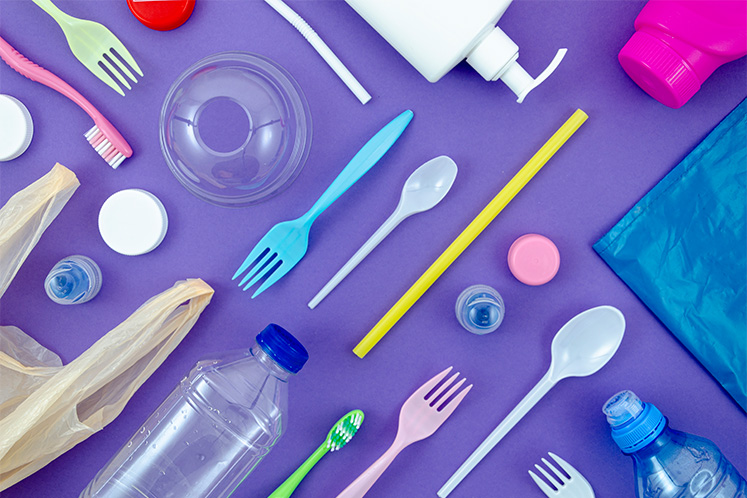Average person may be eating a credit card's worth of plastic each week
Plastic pollution is so widespread in the environment that you may be ingesting five grams a week, the equivalent of eating a credit card, a study commissioned by the environmental charity WWF International said.
The study by Australia’s University of Newcastle said the largest source of plastic ingestion was drinking water, but another major source was shellfish, which tended to be eaten whole so the plastic in their digestive system was consumed too.
“Since 2000, the world has produced as much plastic as all the preceding years combined, a third of which is leaked into nature,” the report said.
The average person could be consuming 1,769 particles of plastic every week from water alone, it said.
Researchers found that people are consuming up to 102,000 tiny pieces of plastic of less than 1mm - 250 grams each year - with nearly 90 per cent coming from water, both bottled and tap.
Other foods with highest plastic levels include shellfish, beer and salt.
Alec Taylor, Head of Marine Policy at WWF, said: “Plastic is polluting our planet in the deepest ocean trenches, but now we know that it’s also polluting our own bodies, through the food we eat and the water we drink.
The amount of plastic pollution varies by location, but nowhere is untouched, said the report, which was based on the conclusions of 52 other studies.
In the United States, 94.4% of tap water samples contained plastic fibers, with an average of 9.6 fibers per liter. European water was less polluted, with fibers showing up in only 72.2% of water samples, and only 3.8 fibers per liter.
Sources: Reuters, The Telegraph


